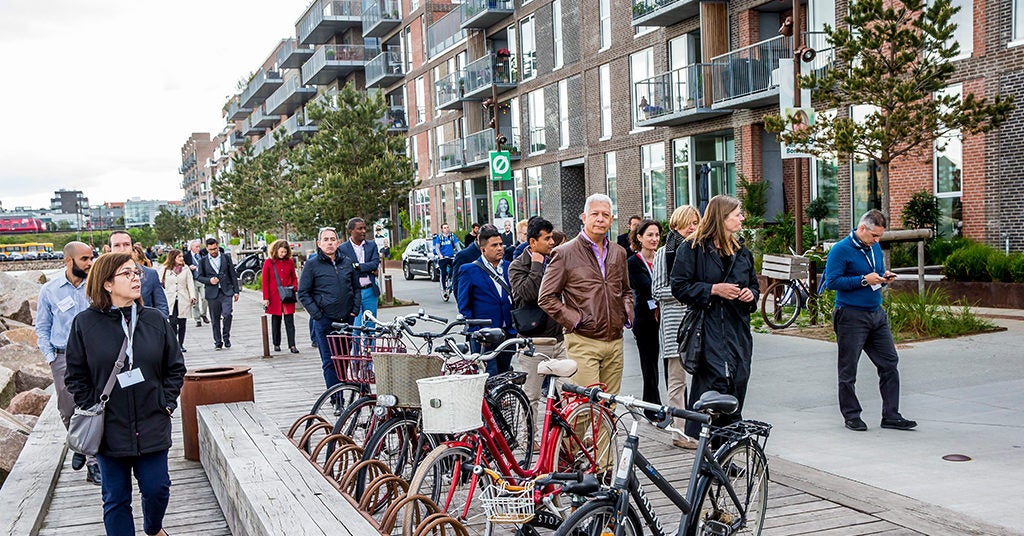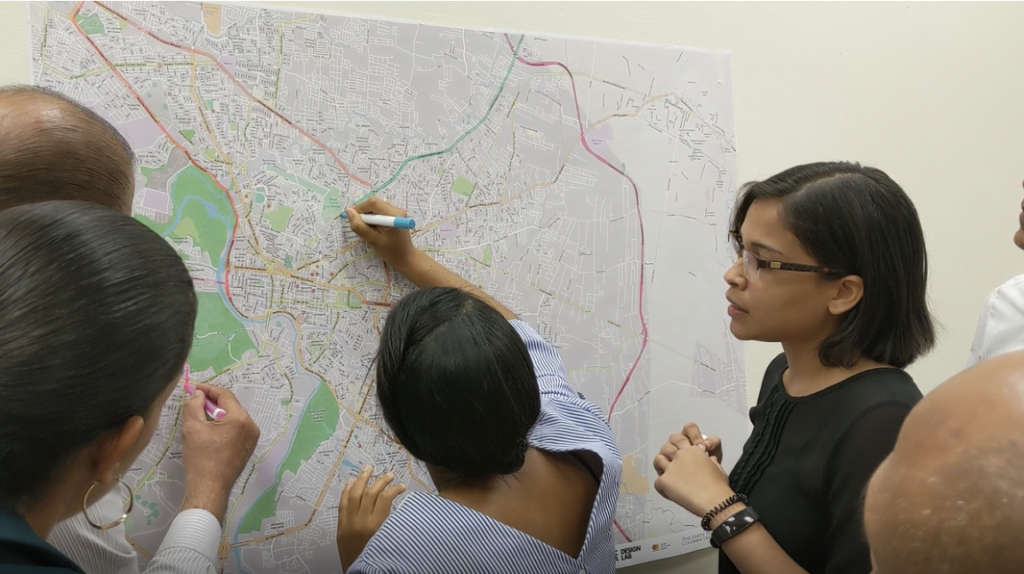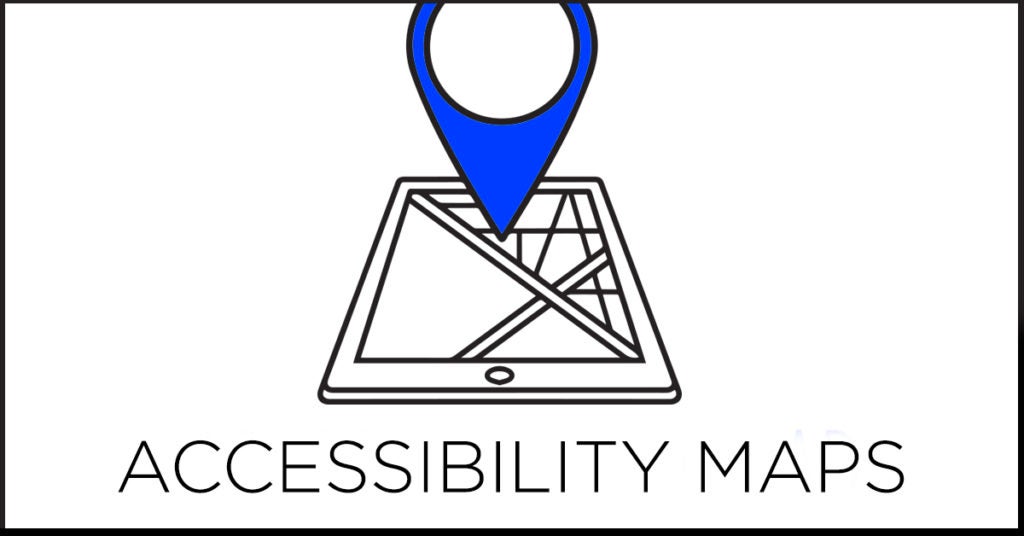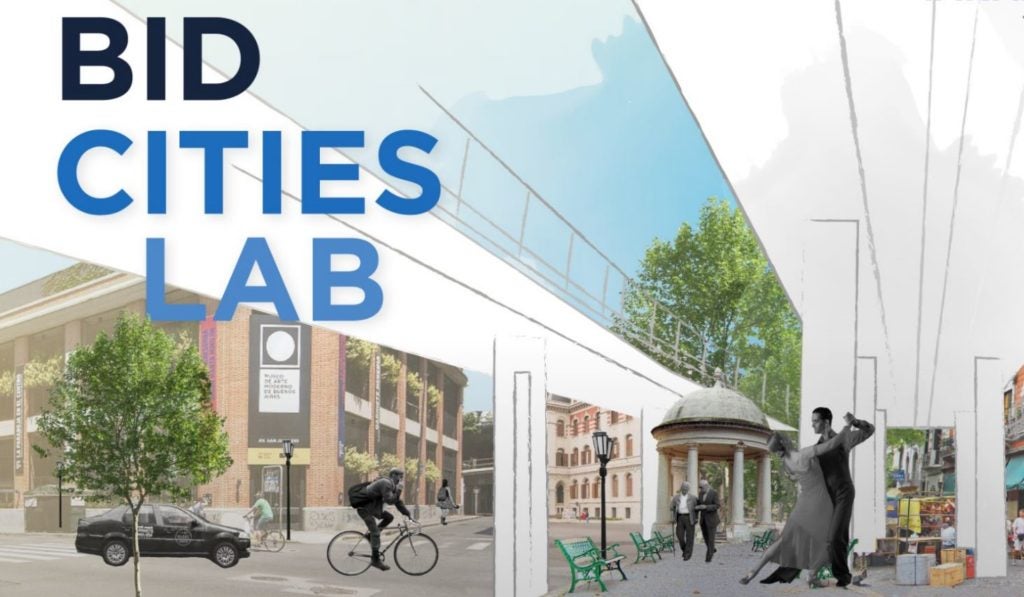Currently, urban planning in Latin America and the Caribbean offers a perspective of fragmented cities in their expressions and tendencies. The conception of city in the region has evolved from a notion of unity to a perception of fragmentation, of contrasts and unequal realities, with divided spheres instead of integrated urban systems that in some cases have settlement … [Read more...] about Integrated urban development: Copenhagen and its Nordhavn case
Emerging cities
Latin America and the Caribbean is the second most urbanized region on the planet, with 8 out of 10 people living in cities. Between 1950 and 2014, the region was urbanized at an unprecedented rate, its urban population increased from 50 to 80 percent (as a percentage of the total); a figure that is expected to reach 86 percent in 2050. Moreover, regional economic growth was mainly developed in medium-sized cities, which are expanding exponentially. How to accompany the growth of these cities? Learn more by reading our blog and downloading this publication.
DATUM: facilitating community collection and public use of urban mobility data in the Americas
In cities throughout Latin America and the Caribbean (LAC), public transport serves an essential role, connecting people with employment, commerce, leisure, and each other. However, public transport networks in LAC cities, both formal and informal, can lack detailed information about routes and schedules, leaving users to rely on word of mouth to know what routes can take them … [Read more...] about DATUM: facilitating community collection and public use of urban mobility data in the Americas
Sustainable urban transport: what can we learn from Copenhagen?
Considering the rapid growth process of cities, mobility has become one of the main challenges for public administrations. Currently, transport represents about 1/5 of the world’s energy demand and 1/4 of the CO2 emissions related to energy. Pollution, traffic and noise are considered some of the challenges that have driven the development of innovative solutions and the … [Read more...] about Sustainable urban transport: what can we learn from Copenhagen?
Application of Accessibility Maps. Cities from a different perspective
Transit Challenges Imagine yourself spending a day in a wheelchair. You would be obliged to take a detour because o a 10 centimeters-high curb. Damaged pavements, pedestrian bridges without elevators and speeding vehicles would make crossing the streets a challenge. You would be forced to ask for help in a station buildings where elevators are packed with commuters, or … [Read more...] about Application of Accessibility Maps. Cities from a different perspective
IDB CitiesLab: revitalizing the historic neighborhood of San Telmo, Buenos Aires
How to revitalize a heritage district crossed by an urban highway? In the City of Buenos Aires, San Telmo is distinguished by its heritage, cultural and historical value, but also by being crossed by an urban highway. In the IDB CitiesLab university contest, we are looking for an integral, programmatic and sustainable urban-social project from a participatory, patrimonial and … [Read more...] about IDB CitiesLab: revitalizing the historic neighborhood of San Telmo, Buenos Aires





